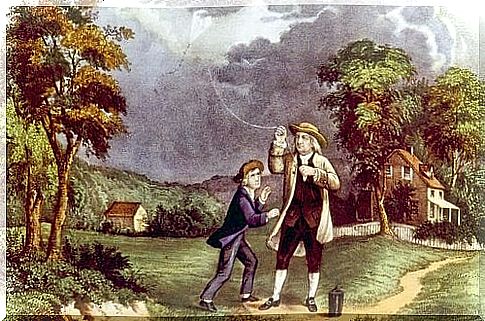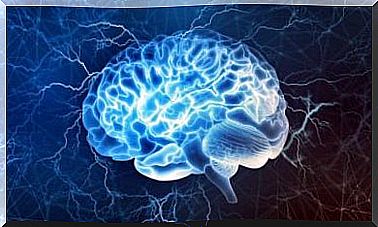The Ben Franklin Effect And Cognitive Dissonance

Benjamin Franklin once said, “A father is a treasure, a brother is a comfort, a friend is both.” So it’s understandable that we go the extra mile to make sure our friends like us. But why do we so often try so hard to get people we don’t like to like us? And why is this strange phenomenon called the Ben Franklin effect?
The answer comes from a rather strange story. And we have to tell you. This story is based on something we do every day but mostly unconsciously. It’s something our brain does to stop feeling uncomfortable. We experience this when there is a contrast or contradiction between what we think and what we feel. Now let’s check it out!
What is the origin of the Ben Franklin effect?
The origin of the Ben Franklin effect is rather strange. Everyone knows that Ben Franklin, the inventor of the lightning rod, was the founder of the United States of America. But he had quite an opponent in the legislature. His formidable enemy saw no problem at all in expressing his objections to the scientist’s political agenda, both publicly and privately.
Franklin also noticed this remarkable hostility. He was actually very concerned about it. But his way of solving it was unusual. Franklin’s first thought was a genius: he was asking him for a favor. He knew he was dealing with a very educated individual. So he asked him for a very rare book from his private library. But actually the book didn’t interest Franklin.

The enemy felt very honored and flattered by this request. So he didn’t hesitate to give it to him. In this way Franklin defeated his enemy. He took the first step toward a relationship of trust that became a lifelong friendship.
What’s Behind the Ben Franklin Effect?
It doesn’t matter if the story is true or not. But the Ben Franklin effect has a profound psychological foundation. This very human need to please is actually based on cognitive dissonance. In other words, it springs from our desire to avoid this kind of dissonance in the first place.
What Franklin achieves with his request is that he creates a contradiction for his enemy. On the one hand, they are intense political rivals. But on the other hand, he asks him a favor. The situation in itself is not contradictory. Chances are, however, Franklin’s enemy saw some form of contradiction in it. This contradiction was a feeling of ill will opposed to an act of kindness.
When we perceive a contradiction like this, it often creates an uneasy feeling. This then causes a person to adjust their way of thinking. And this is exactly what Franklin’s enemy did. He probably did it too because his behavior (borrowing the book) was more socially and personally desirable than purely political hostility.
So Franklin’s enemy had to change the way he viewed Franklin somewhat. That was necessary if he wanted to justify his own generosity. This new perspective certainly helped start a friendship that would only grow stronger.
Are our brains trying to justify what cannot be justified?
It seems as if our brains are trying to justify our actions. They do this by trying not to damage the image we have of ourselves. That is why cognitive dissonance occurs. We are trying to put an end to this.
An example. Suppose there is a military conflict that we know is unjustifiable. If we continue to participate (even if only by saying nothing), our minds will look for reasons to justify our position. These reasons can range from something about freedom to patriotism or even religion.

As you can see, cognitive dissonance is a normal part of our lives. On a personal and professional level, we often feel that we have to justify actions that we actually do not agree with.
You’ve probably already been in situations where you had to work with people you didn’t like. Or you were stuck helping people you didn’t like. In any situation, your mind will then trigger mechanisms to explain and account for your actions. So you are more likely to have a better opinion of a person after you have done that person a favor.
The way our mind works is very strange. It tries to protect our self-image and the connection between our thoughts and our actions by changing our opinions. And the phenomenon does not stop here. Because once the accountability or the new opinion occurs, we will be more sensitive to every little bit of information that supports it. We will also be more skeptical of any information that contradicts it.









